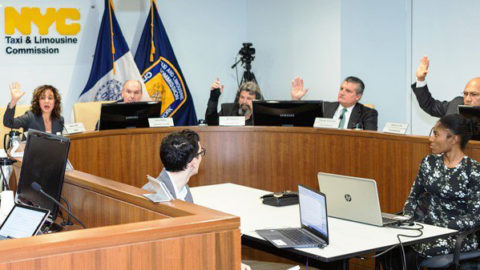It’s a common misperception among inexperienced business travelers: “I can’t collect points or miles earned by business travel because those miles rightfully belong to my employer, who’s paying for my ticket.”
Well, that’s not entirely true. When an airline awards points or miles for a trip taken, those go to the traveler – the person who occupied the seat – regardless of who bought the ticket. Same for hotel stays.
Experienced business travelers know this already, according to a recent survey, in which 48% of respondents said earning airline miles was one of the big perks of business travel and 53% said the same about earning hotel loyalty points. The survey also showed that business travelers spend an average of 14 hours per day working when they travel for their employer. So, it makes sense to see how you can maximize the personal benefits of business travel. Here are six tips for making those business trips work harder for you.
- Sign up for the airline’s frequent flyer program, even if you don’t expect to fly frequently. Joining one of these programs takes five minutes, costs nothing and pays you miles that could have a real cash value. You may even be able to transfer those miles to a hotel rewards program.
- Use a rewards-earning credit card for everything on your trip. It’s a no-brainer that, if you’re spending money, you might as well get rewarded for it. Make sure the card you use pays you something you want, be it hotel points, airline miles, other loyalty points or cash back.
- Sign up for a dining program.Many airlines offer a dining program in which you register a credit card – any card, not only the airline card. A lot of frequent flyers don’t bother with these programs because once upon a time they skimmed a list of participating restaurants and didn’t see any they liked. But if you’re traveling, you could easily find yourself in a miles- or points-earning restaurant without realizing it. If you pay with a credit card you’ve registered with a dining program, you could get a happy surprise in the form of miles that magically appear in your frequent flyer account.
- Consider loyalty.If your employer lets you make your own travel arrangements, look first at airlines and hotels whose loyalty programs you use. That is, if you’re collecting miles for a personal trip, consider using the same airline for your business travel. Obviously, don’t waste your employer’s money by choosing a more expensive flight, but if fares are the same, there’s no reason not to choose the flight that will earn you the most rewards.
- Charge meals and drinks to your room.Imagine you’re staying at a hotel, you’re a member of their rewards program and you’re paying with a credit card that earns rewards towards future stays. That cheeseburger you order at the hotel bar and charge to your room will go on your hotel bill, where it will earn you points per dollar. Whichever card you use, note whether it pays bonus points for travel, dining or both, then remember that food charged to your room is usually categorized as travel, whereas restaurant charges on your card are categorized as dining.
- If you make your company’s group travel arrangements, look for programs that reward you personally. There are hotel chains that seek to attract conference planners with bonus points paid to the personal account of the person doing the planning. Whatever hotel group you’re considering, check to see what they’re doing to win your business.
Source: Nerd Wallet



